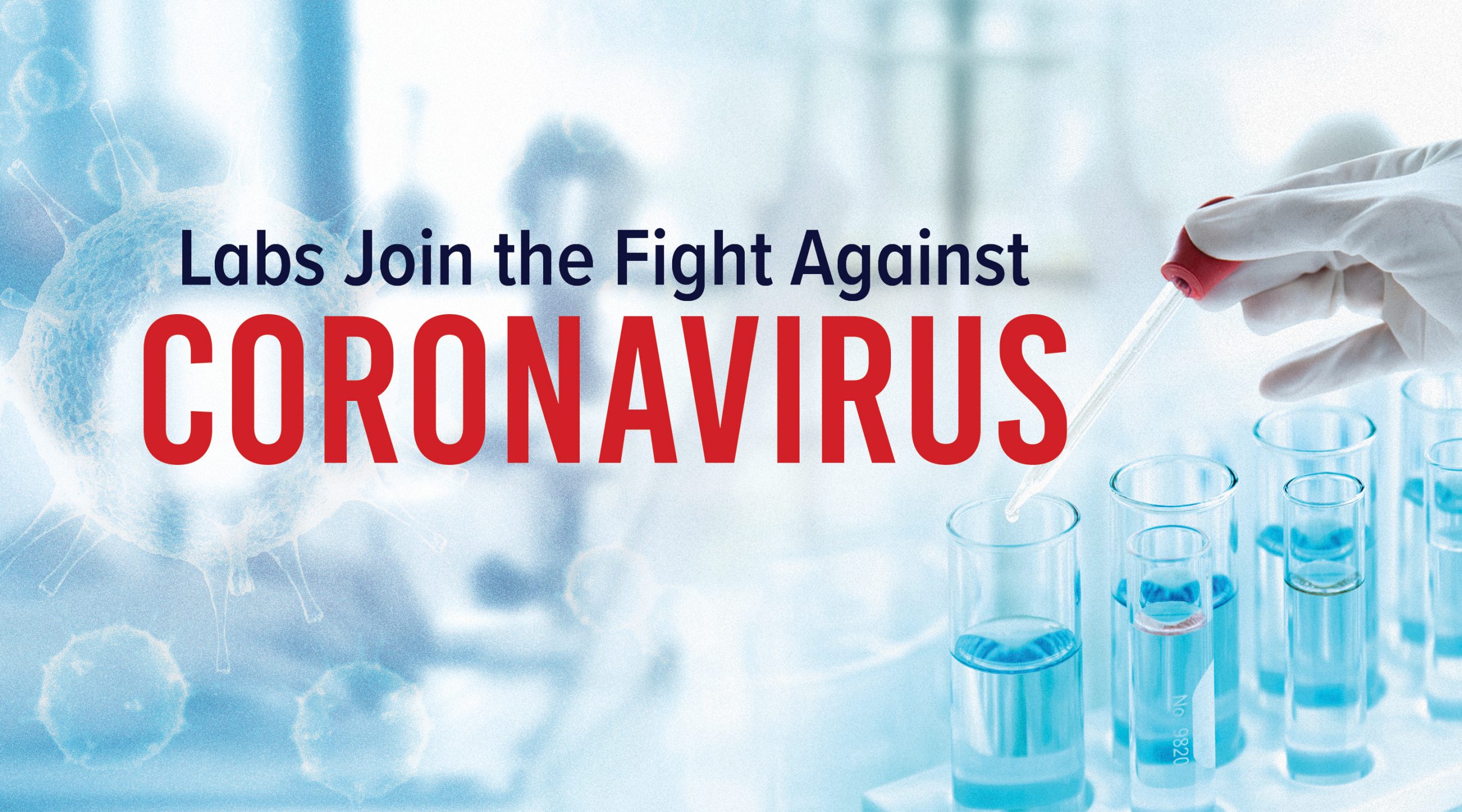by Brent Amos, Brian Campa, Mark Jensen & Katherine Stone
We’ve been paying close attention to how our biotechnology and higher education clients are impacting the fight against coronavirus, and we wanted to share some of their incredible work with you.
The Georgia BioScience Training Center been supporting pharmaceutical company Takeda in its joint effort with other companies to develop a COVID-19 treatment generated from antibodies from people who have already had COVID-19.
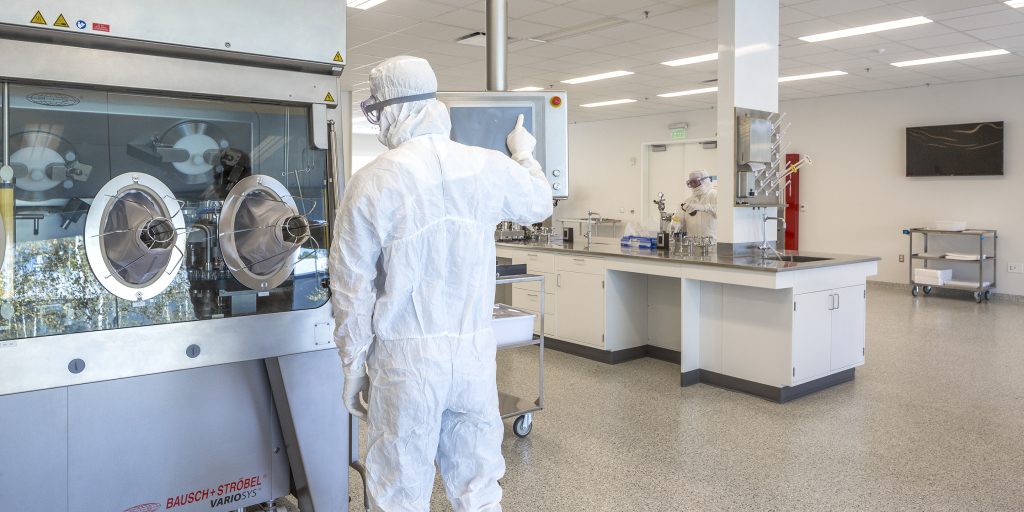
Emory University researchers have found an antiviral drug that may change the way COVID-19 is treated. The drug has already shown promise in animal testing and could become the first pill available to treat coronavirus.
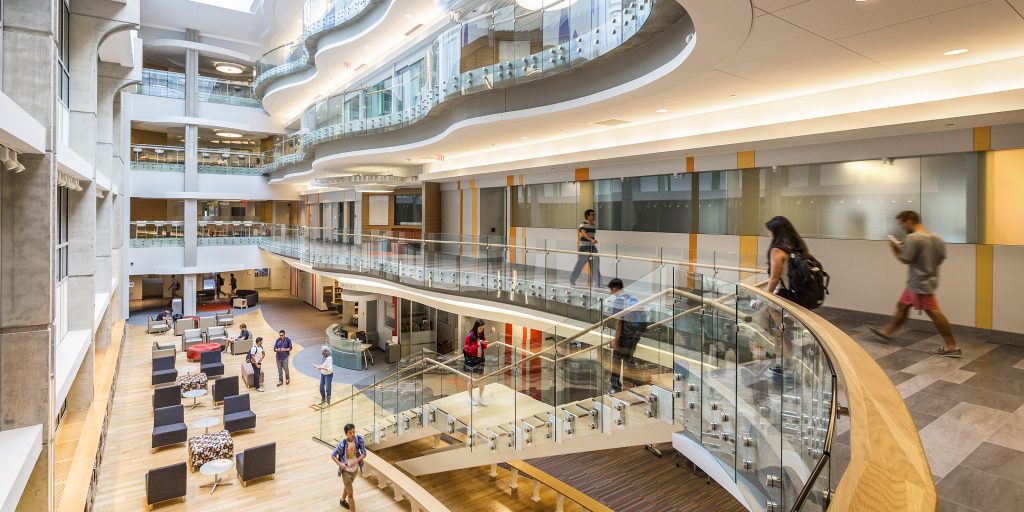
University of Virginia Medical School researchers have pivoted from researching HIV and SARS to applying their knowledge to coronavirus, researching potential vaccines and studying currently available drugs for their possible efficacy in treating the disease.
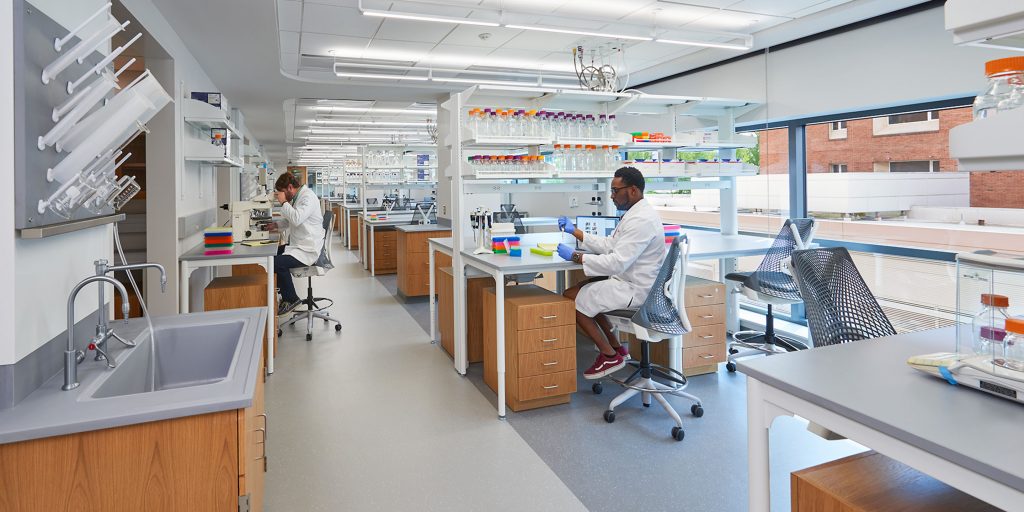
Clients Georgia Tech and the Global Center for Medical Innovation collaborated to design do-it-yourself medical supplies, including face shields that can be used in hospital facilities.
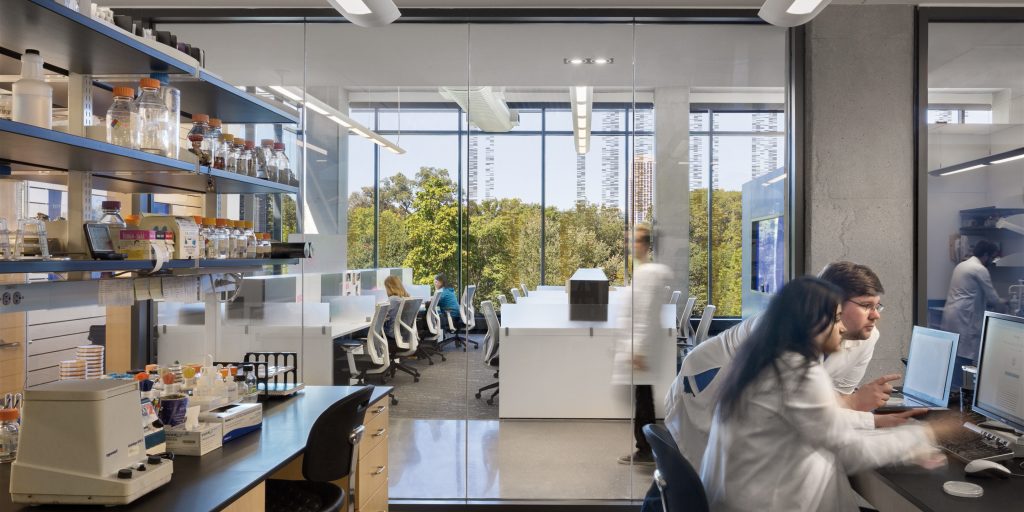
An Auburn University doctoral candidate helped develop the COVID-19 tests used in Alabama and elsewhere to identify patients with coronavirus, and Auburn engineers developed a way to convert CPAP masks into emergency ventilators.
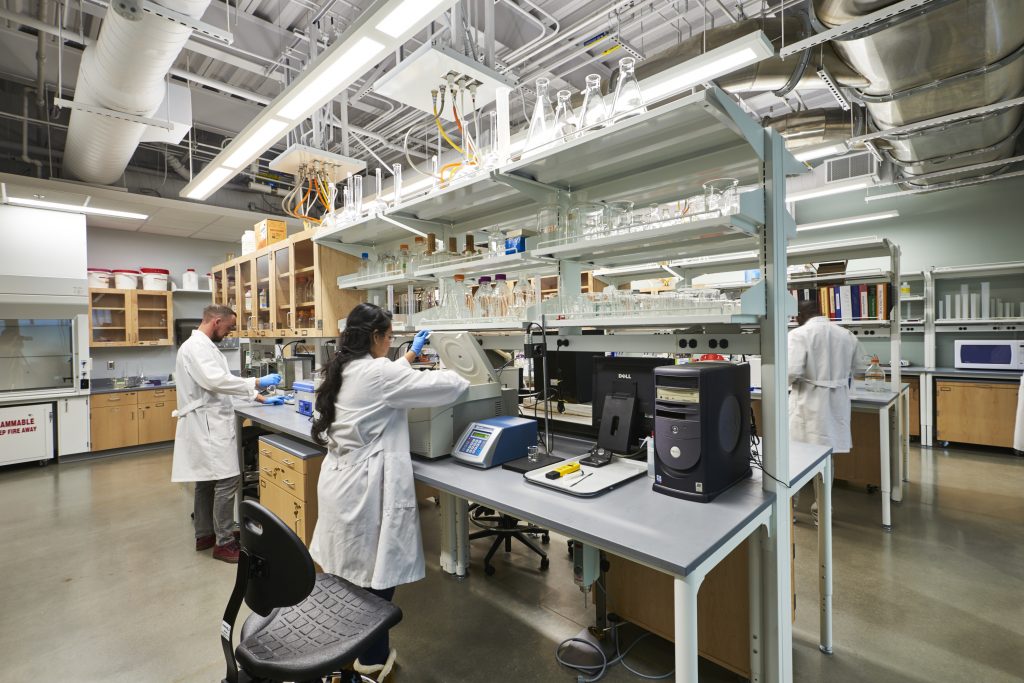
Numerous scientists and entrepreneurs across HudsonAlpha Institute for Biotechnology’s campus of 16 research laboratories and 45 biotech companies are working in a collaborative effort to contain and minimize the impact coronavirus on the world. HudsonAlpha Faculty Investigator Jian Han, M.D., Ph.D., is developing an antibody-based treatment for COVID-19 and HudsonAlpha associate company Diatherix-Eurofins, a clinical diagnostic testing laboratory, is currently providing testing for COVID-19.
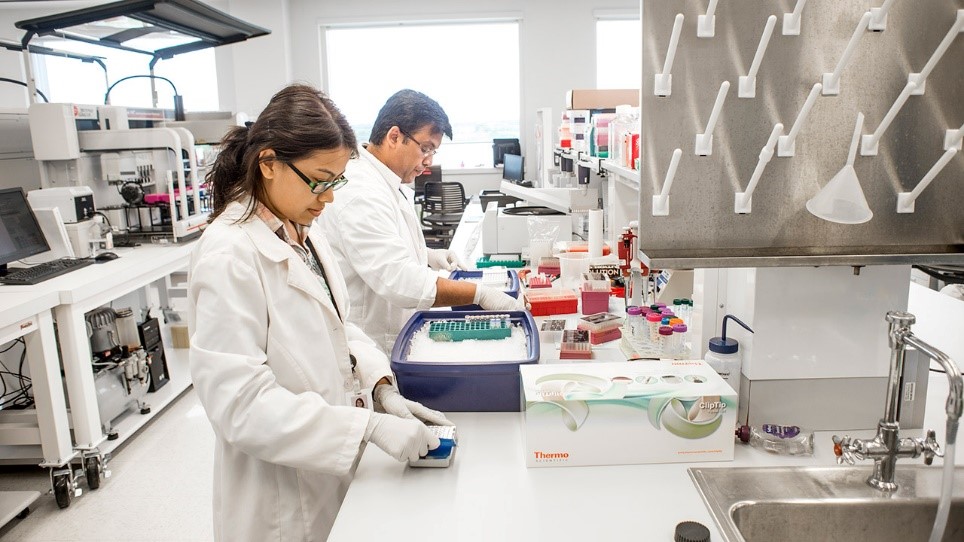
We thank these institutions and all of those on the front lines of life sciences working so diligently to support healthcare workers in the identification, treatment and prevention of COVID-19.
Learn more about Cooper Carry’s Science + Technology Studio.
